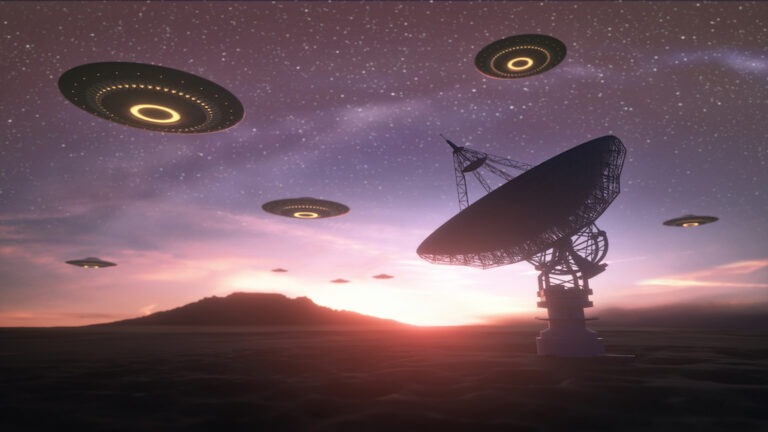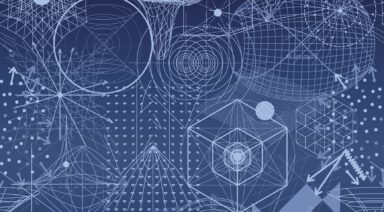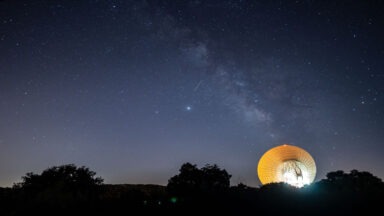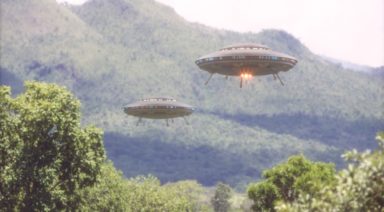The Senate Is Unhappy With the Intelligence UFO Report, Demands More

Congress is doubling down on UFO legislation — first the House and now the Senate is demanding answers going back decades.
Members of Congress who are not pleased with the lackluster response from security agencies and the Department of Defense’s response to last year’s UFO-related legislation called for sweeping changes and oversight to the reporting of UFO activity. They just passed even stronger language in the Intelligence Authorization Act for 2023.
Mirroring the House legislation, the Senate would also create a “secure system” for reporting UAPs, as well as loosen the restrictions on, or release people from, non-disclosure agreements. It also calls for a deep dive into how UAP-related activities were handled by the government dating back to 1947.
So what makes this bill so groundbreaking? Nick Pope served with the UK’s Ministry of Defense covering UAP activity.
“We now have some really strong language in the draft Intelligence Authorization Act for fiscal year 2023. The bottom line is that Congress is continuing to say to the DoD and intelligence community, ‘we want action on the UAP issue,’ and they are clearly not letting it go, and the language is robust. They are articulating a number of must-haves here that we have not seen before.”
What are these not-seen-before, “must haves” included in this bill?
“One of the key provisions is going to be a strengthening of the collection methodology and the science plan,” Pope said. “They’re separate-but-related factors, and obviously have the equation is ‘if you see something say something.’ We’re still not getting all the reports, there’s still some stigma, though that is lessening. But the science plan comes in because you can have all the reports you want, but if it’s not then subsequently investigated in a proper way, it’s meaningless.”
“One of the absolute key pieces which is completely new is — if you remember when the Congressional hearing that took place back in May — one of the representatives asked about the 1967 Malmstrom (AFB) missile shutdown case, and there were a lot of blank looks and looking at each other, and ‘well, we don’t really have anything on that.’ I think there was a sense that, hey look, DoD and the intelligence community is trying to pretend that this is a story that started in 2004 with the USS Nimitz. It’s not, this is a phenomenon with a 75-year backstory. What the new language says is ‘we want to hear some of that backstory.’ Because what they say is the General Accounting Ofice must go back and review all holdings, all the information, written, oral, whatever they’ve got since 1947, which is a clear nod to Roswell, amongst other things.”
What should we look out for as this legislation moves through Congress?
“Don’t get too sidetracked by the House version, the Senate version, the Intelligence Authorization. Keep an eye on the NDAA, that’s always the flagship piece of legislation. The Senate wording in the Intelligence Authorization Act is strong. We’ll see, the only danger is that it gets watered down a little. See what goes into the final version of the NDAA and watch for other left-field developments. It’s not like this is happening in isolation,” Pope said.
The legislation could be passed as early as October or after the midterm elections in November.
Avi Loeb's Galileo Project to Use Satellites to Scan Earth for UFOs

The search for UFOs usually has us looking out into the depths of space, but what if we flipped it around and looked towards the Earth from space? Can we find UFOs from above?
An attempt to search for UFOs by pointing satellites at Earth; that’s the idea in Harvard professor Avi Loeb’s latest article for The Hill.
Loeb, also the author of “extraterrestrial: The First Sign of Intelligent Life Beyond Earth,” and founder of the Galileo Project, explains,
“We are planning to use satellite data and potentially look at unidentified objects from above. Of course, the advantage of that is we can cover the entire Earth, if we put telescopes on the ground, we need to put a lot of them to cover the same area. The goal is to establish the reality of objects, first of all, from both directions; from above using satellite data, and from below using telescope systems, and one would guide the other. So, if we see regions of activity we can put our telescope systems there. If our telescope systems see something of interest, we can monitor what that thing does from satellite data. So, I think it’s an extremely powerful method of verifying and guiding the inquiry to the nature of unidentified aerial phenomena.
Founded in the summer of 2021, the goal of the Galileo Project is to bring the search for extraterrestrial technological signatures into the mainstream. What is the next step when we find something?
“The Galileo Project has two branches: one is to figure out the nature of any object near Earth. We plan to pursue that by using ground-based telescopes that we build, but also satellite data from Planet Labs, for example.




































